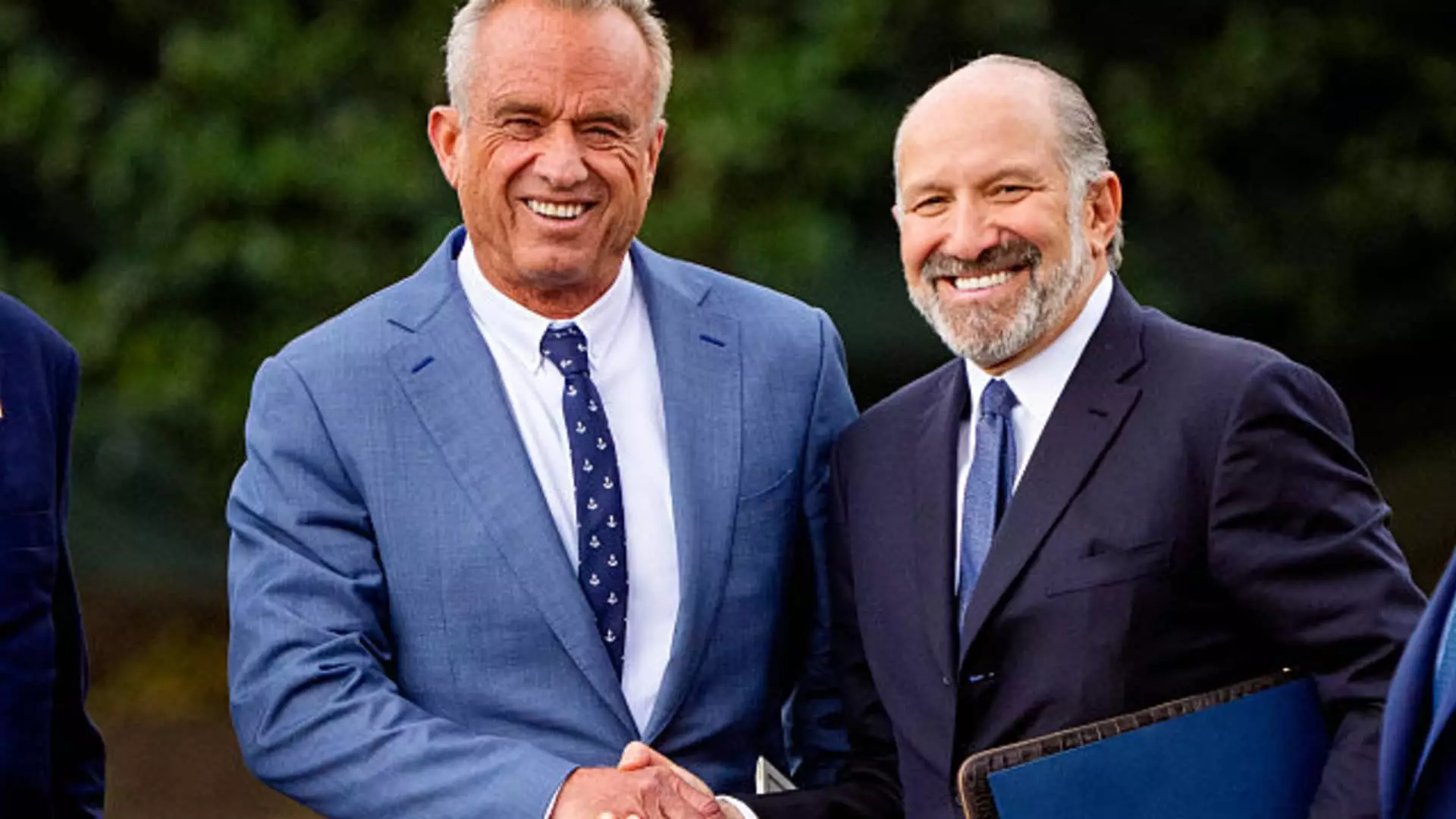The appointment of Robert F. Kennedy Jr. to head the Health and Human Services (HHS) is a critical moment that could greatly influence public health in America. HHS is an agency designated to protect and enhance the health of Americans through prevention, treatment, and research. However, elevating a known anti-vaccine activist to such a significant position raises serious concerns. This appointment reflects a disturbing trend in which evidenced-based scientific recommendations are being overshadowed by misinformation and conspiracy theories.
Kennedy’s public position is not merely an innocuous stance. He actively downplays the importance of routine vaccinations, including vaccines for measles, mumps, and rubella (MMR). His stance contributes to a growing sentiment within segments of our population that question the efficacy and safety of vaccines, which can have devastating consequences, particularly for vulnerable populations such as children and the immunocompromised. His promotion of unproven treatments as alternatives further illustrates a dangerous disregard for scientifically proven health protocols.
Expert Voices Silenced
The recent resignation of Peter Marks, a respected leader within the FDA’s biologics division, serves as a sobering reminder of what is at stake. His departure from the agency in protest of Kennedy’s anti-science ideology underlines the risk of sidelining experienced public health officials for the sake of advancing a discredited narrative. It highlights a troubling shift towards embracing authority figures who prioritize agenda over science. As analysts from Cantor Fitzgerald pointed out, “an amateur scientist” lacks the necessary training and understanding to navigate the complex world of public health policy.
The consequences of Kennedy’s leadership could be dire; if trusted experts are rendered obsolete in favor of unverified claims and anecdotal evidence, then the health of our population is put at immediate risk. Public health initiatives rely heavily on scientific consensus, rigorous research, and data-driven decisions. When such crucial voices are undermined, we must ask ourselves: what future are we building for our children and our communities?
The Shadow of Misinformation
Misinformation about vaccines isn’t merely an abstract idea; it has manifested in real-world consequences. The resurgence of diseases once nearly eradicated—like measles—can be traced to a decline in immunization rates fueled by fear, conspiracy theories, and flat-out falsehoods. When the CDC conducts studies into the debunked links between vaccines and autism, it does more than further the misinformation engine; it risks legitimizing views that have previously been shown to be incorrect.
Kennedy’s views are well-documented, and the promotion of half-truths and unfounded theories has the potential to reverse years of progress in public health. The notion that simply telling people they have the freedom to choose while sowing distrust in vaccines equals a public health strategy is not only paradoxical but also irresponsible. How many more lives must be endangered by this reckless ideology?
Economic Ramifications
Interestingly, the stock market’s reaction to Marks’ resignation indicates that the implications extend beyond public health. Vaccine manufacturers like Moderna and Novavax experienced significant drops in shares following the news, reflecting investor anxiety about the future of the biotech industry under an anti-science agenda. While one could argue that investments in healthcare should be insulated from political upheavals, it is evident that public confidence plays a crucial role in a biotech company’s success.
The intertwining of public sentiment, government policy, and economic stability is not just a compelling topic for the financial press; it illustrates the high stakes of placing anti-science activists in positions of authority. The repercussions can affect not just public health outcomes, but also investor confidence and ultimately the quality of care Americans receive.
A Call for Evidence-Based Leadership
It is imperative for the administration to reevaluate Kennedy’s role within HHS. Prioritizing politics over evidence-based science in a public health agency is a perilous gamble. As highlighted by the analysts at Cantor Fitzgerald, voicing support for unproven remedies while undermining the professionals dedicated to public health cannot continue unchecked. America deserves leadership that prioritizes sound science and the well-being of all its citizens, and not one influenced by conspiracy theories that jeopardize public health protocols for any ulterior motive.
Ultimately, we need to rally behind a health strategy grounded in facts and a leadership that recognizes its responsibility to safeguard the public’s health. The stakes are too high to do anything less.

